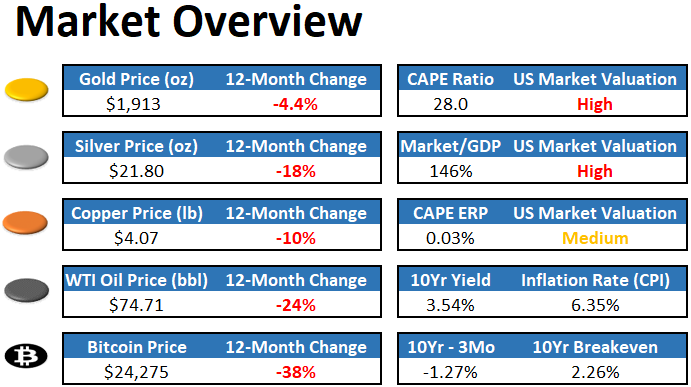Bank of America isn’t the only giant bank seeing an influx of new trade. According to reports from the
Financial Times, JPMorgan is supporting its raft of new customers by shortening the waiting time for opening an account. It is also speeding up the rate at which new customers can access funds in order to ensure they can pay staff this week, confirmed a source briefed on the matter.
Citigroup has also reportedly scrambled to onboard customers, with all the large financial institutes seeing a particular push from account holders with holdings above the $250,000 threshold that is guaranteed by federal insurance—despite the government pledging they would still be covered.
One senior banker compared calls coming into the institution as akin to Chicago’s O’Hare airport on a sunny day, as other sources confirmed staff have been reassigned from their roles to deal with the mass onslaught of enquiries.





